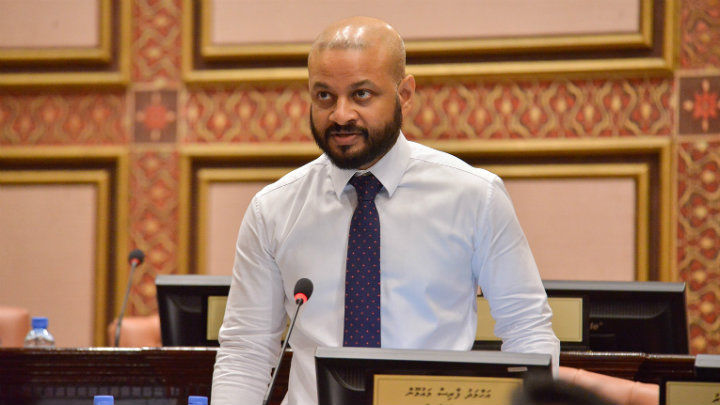Q&A: Faris shares his take on where it all went wrong
Faris Maumoon discusses plans to weaken his uncle, President Abdulla Yameen’s stranglehold on power, and shares his take on where it all went wrong, his father’s legacy and how he came to be involved in politics

20 Nov 2016, 09:00
Faris Maumoon, former President Maumoon Abdul Gayoom’s eldest son, has taken center stage in the civil war roiling the Progressive Party of the Maldives. His expulsion from the ruling party prompted Gayoom’s withdrawal of support from, Abdulla Yameen, the president of the Maldives.
The Maldives Independent sat down with Faris to learn more of the Gayoom faction’s plans to weaken Yameen’s stronghold on power, his take on where it all went wrong, his father’s legacy and how he came to be involved in politics.
The conversation began with Faris confessing that he is a ‘reluctant politician’.
Omkar Khandekar: Politics was obviously not your first choice. What led you to join in anyway?
Become a member
Get full access to our archive and personalise your experience.
Already a member?
Discussion
No comments yet. Be the first to share your thoughts!
No comments yet. Be the first to join the conversation!
Join the Conversation
Sign in to share your thoughts under an alias and take part in the discussion. Independent journalism thrives on open, respectful debate — your voice matters.




